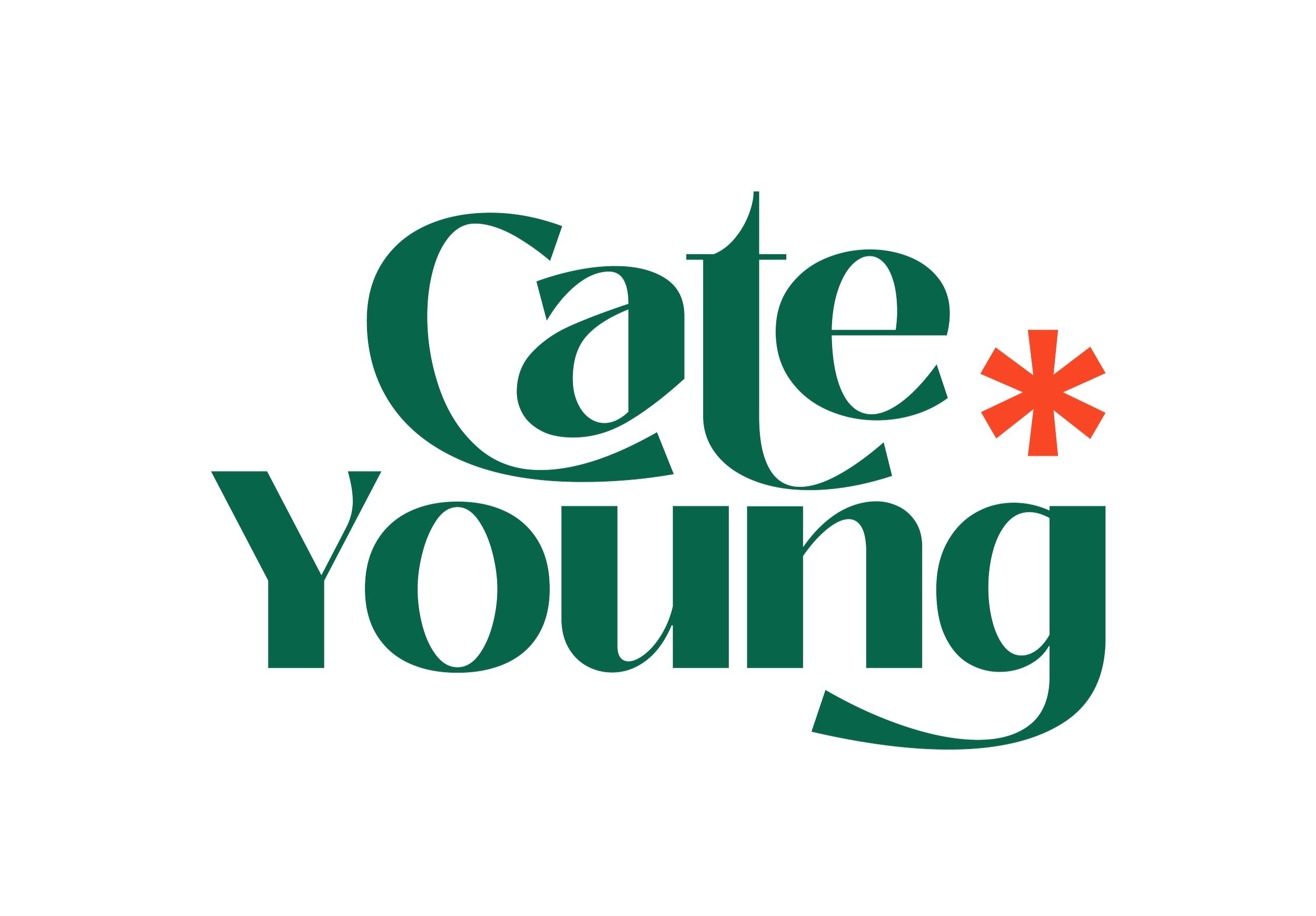On "Only" Representations of Women In Pop Culture
When it comes to women in pop culture, it's often hard to find the right balance. There are so few female characters being written into the media that we consume that inadvertently, each individual female character becomes an avatar for every other woman in that universe. She's the only one, therefore she's every one. But eradicating the smurfette principle altogether isn't all that difficult. There's an easy fix:
If you don’t want your female character to represent all women, then she can’t be the only woman around. If you want your female character to make stereotypical mistakes and avoid accusations of misogyny, then you have to have other female characters around not making those mistakes.
It's such a simple idea, and yet so many pop culture products still seem to struggle with it. And the curious thing is that it applies to all underrepresented groups in fiction. When you have several different variations of the way that men are allowed to exist in your universe and only one way that women are allowed to exist, criticisms will necessarily fall on that character, because she is now tasked with being everything to everyone looking to see themselves in that piece of media.
It's reflective of the backlash to the characterization of Black Widow in 2015's Avengers: Age of Ultron, and the implication that she was was also a "monster" because she was infertile. While Black Widow's feelings about her forced sterilization and her guilt over her time as a spy are valid and reasonable, they become the representative way that all women in that universe are meant to view romance and fertility because she is the only female Avenger, and the most significant female character in the film and the larger Marvel Cinematic Universe.
Another example is the discussion surrounding Claire Dearing in 2015's Jurassic Park and the fact that she wore high heels throughout the entire film, despite being chased by (literal) dinosaurs. In the context of the film, the fact that nothing is said of her trekking through the jungle and running from a T-Rex in 5 inch heels makes her character seems silly and prideful. And that doesn't take into account the shaming that she endured throughout the film for not being able to relate well to her two young nephews, or to make a relationship work with the cocky hero. It's implied that Claire, is silly, prideful, frigid and a terrible mother, and no other significant female characters exist in the film to individualize that supposition. Contrast this with the Ilsa Faust character in Mission Impossible: Rogue Nation. While running away from a gunman across a rooftop with hero Ethan Hunt, she specifically asks him to help her get her heels off so that their getaway is not compromised.
In the end, it all comes down to the danger of a single story. As author Chimamanda Ngozi Adiche said in her famous Ted Talk, the problem isn't that stereotypes are not true, but rather that they are not the whole truth, and they don't give us a full picture of the complexities of the people around us. When you only have one of something, or in this case, someone, everything about them becomes the default of their kind, simply by virtue of being alone. It's why diversity in media is important from the top come down. When you have more than one female character, each of them becomes an individual with their own quirks and personalities that stand apart from other women. The weight of expectation is lifted, and it allows for some of them to fail, or be clichés, because there are other characters that can contradict that characterization.
A great example? Last year, two shows starring black women were cancelled: Minority Report and Extant. And while I will miss both of those shows, I'm not worried about seeing myself onscreen, because other, complex black women still exist on television on Scandal, Sleepy Hollow, How to Get Away With Murder, Empire and Blackish. Because neither of these characters is the only one, we're able to get diverse representations of black women, from severely damaged lawyers with compromised ethics, to FBI agents battling the paranormal, to loud, brash music executives who just want to leave their mark on the world. None of them is telling the only story.
